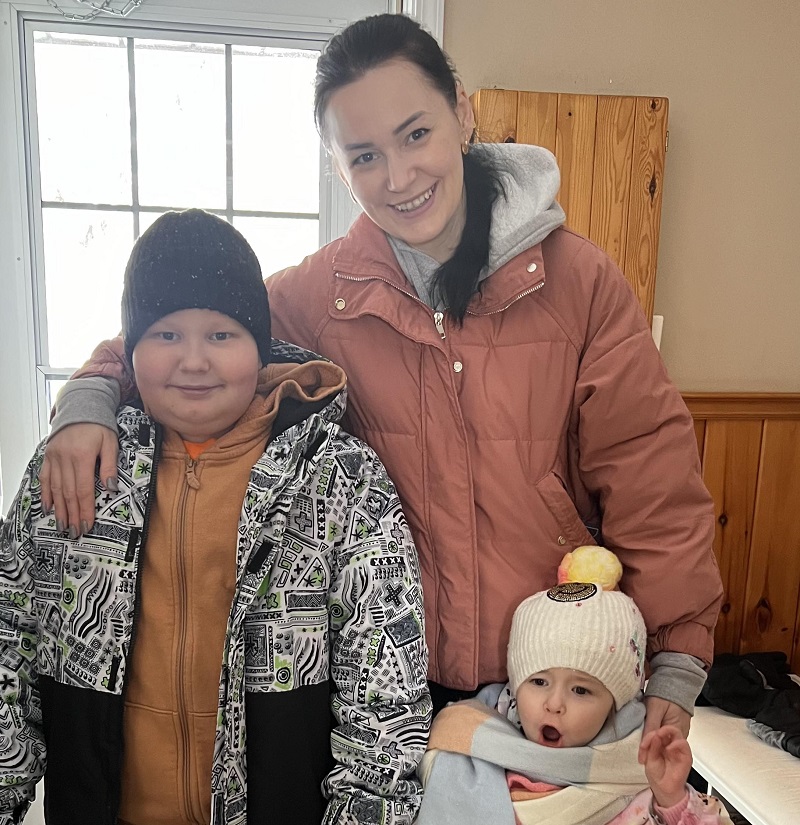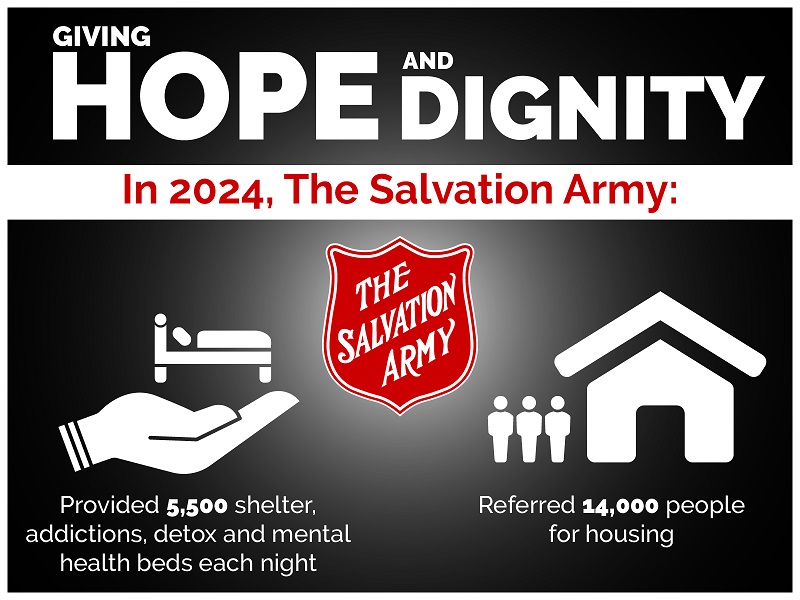One Mothers’ Journey

“Something wasn’t right,” says Susan Williamson of her son, Stuart. “He couldn’t imitate sounds, his eyes looked empty and he was unresponsive to people. When my husband and I sought out medical attention, we were sideswiped by the end results. Life would be very different than we’d ever expected.”
Stuart’s unusual behaviours started in infancy. There were no smiles or facial reactions. Then red flags became more diverse. No babbling by six months —no gestures like pointing by 12 months—no words by 16 months.
By age two Stuart spoke only by echoing others, and he didn’t understand the words. He communicated his frustrations, wants and needs, through temper tantrums, meltdowns, and running away.
While specialists continued to evaluate and investigate Stuart’s actions, the Williamson’s took advantage of services like speech and language therapy, and intensive behavior intervention. “At times we wondered if there was more to life than paperwork, appointments and therapy,” says Susan.
Then, at age four, Stuart was diagnosed with Autism, a complex neurological and developmental disorder affecting 1 in 88 children. “We were stunned and overwhelmed.”
Rock Bottom
Children with autism are at high risk for injury due to impulsive behavior, and one of Susan’s greatest concerns was Stuart’s safety. He often ran or wandered off, with no comprehension of the possible danger. “He was fearless and I never knew what he would do next,” says Susan.
Stuart’s response to changing environments was taxing. When his younger sister was born his need for attention escalated. One day Stuart bolted from the house as Susan was putting the baby in her stroller. Launching into panic mode, Susan chased after him leaving Elise unbuckled in the apparatus. She fell out and hit her head.
“We were in the emergency department for four hours,” says Susan. Stuart, who thrived on routine, was hungry. He screamed and cried. “It looked like I didn’t know how to discipline or control him,” says Susan.
Then, unbeknownst to Susan, Children’s Aid was called and before long a case worker was knocking on her door. “She was to evaluate my parenting skills,” says Susan. “That day I cried. I’d hit an all-time low.”
Salvation Army Respite Care
Autism was consuming every waking hour of Susan’s life and she needed help.
The Salvation Army London Village Respite Care Program provides planned short-term and time-limited breaks for families and other unpaid care givers of children and adults with intellectual disabilities.
Respite makes Susan’s life a little easier. She can put her worries aside for a while, and gains strength from the workers who understand Stuart’s uniqueness. “The Salvation Army loves and accepts Stuart for who he is,” says Susan. “Here he is treated with the dignity that he deserves.”
Respite also allows Susan to focus on her husband and Elise. “Time and energy put into caring for Stuart means less attention for them,” says Susan. “And our family unit needs to stay strong to face the challenges that lay ahead.”
Stuart, now age nine, has achieved small victories at respite. Activities like bowling and swimming have boosted his social abilities and independence. He makes friends— bathes himself—brushes his teeth on his own—sleeps on his own.
“We feel hope as Stuart makes progress,” says Susan, “and look forward to seeing where he will go from here. We truly believe that the sky really is the limit for him!”



